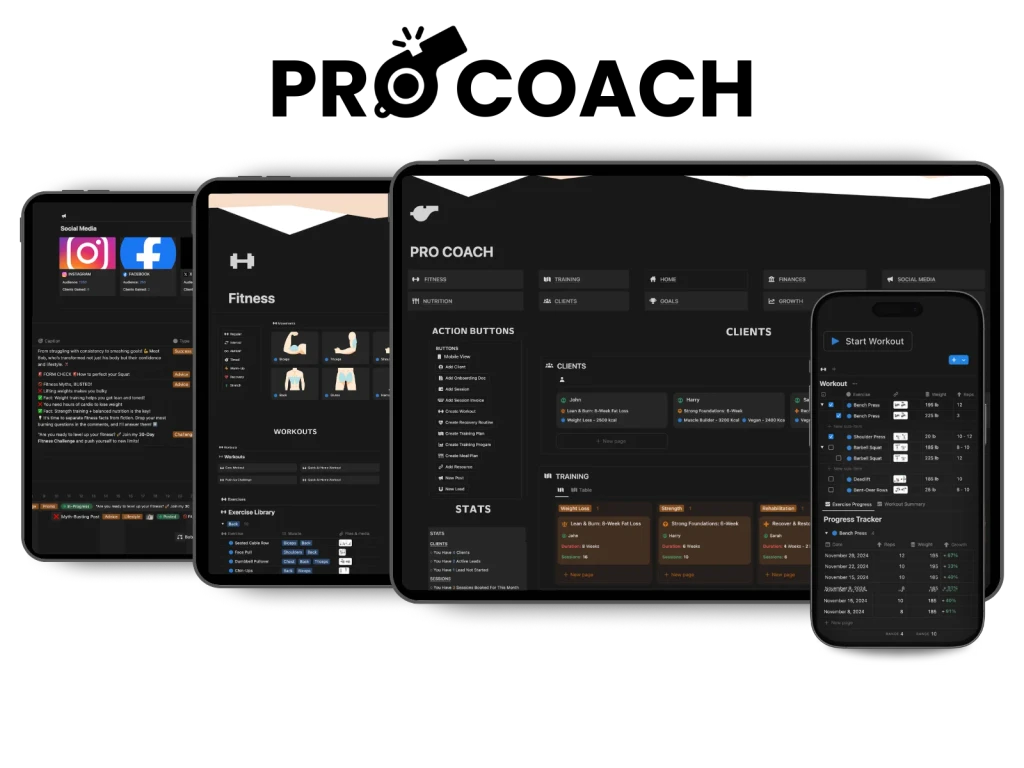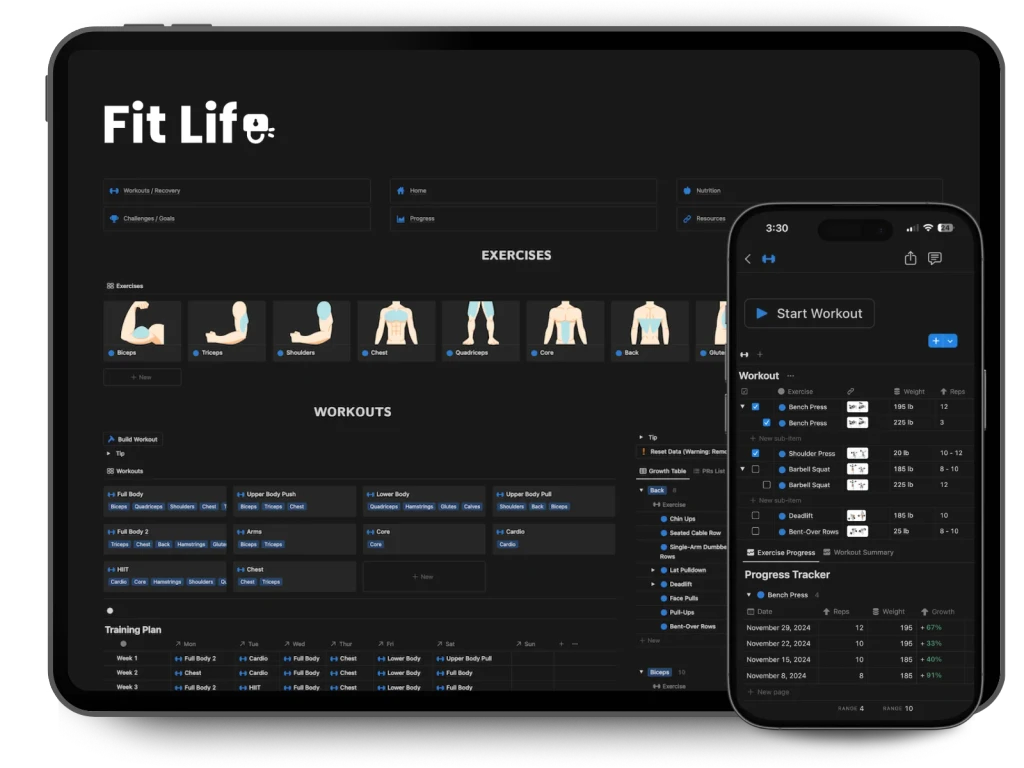Why 85% of Diets Fail
Jun 18, 2024
Weight Loss

Studies show that over 85% of people who lose significant weight regain it within a few years. This high relapse rate highlights a key flaw in many diets and fitness programs.
One of the main issues with traditional diets and fitness programs is their temporary nature. A diet implies it has an endpoint. You might think, "I’ll be done with this diet in two weeks! 🙌" Similarly, signing up for an intense two-week fat loss program can yield quick results if you apply yourself. However, what happens when the diet ends or when you get bored of eating the same three meals every week? What happens after the fitness program finishes and the trainer who motivated you is no longer there to shout and blow a whistle in your face to do star jumps?
After a while, it's just you and yourself. This is where many people fall back into old habits, stories, and beliefs, leading to weight regain.
So, what about the 15% of people who lose weight for good? These individuals don’t just change their weight; they change their identity. When they lose weight, they adopt a new self-image. Every daily decision, both conscious and unconscious, aligns with this new identity.
In other words, this new identity guides the small decisions/habits we make every day that we often don't even notice. For example, if you identify as someone who eats healthily, you don’t have to think twice about what to put in your grocery basket—it’s healthy foods. If you see yourself as someone who loves working out, you track your progress, set personal challenges and goals, and perhaps invest in quality gym clothes and shoes because you know you’ll be using them regularly.
To achieve lasting weight loss, you need to detach from your old identity. Like carrying a lot of weight, an overweight identity acts as an anchor on your mind, holding you back.
Imagine the brain as a big ship. The captain who steers the ship represents your goals and desires, and the sail represents your willpower. The destination isn't a straight path, but you have a map that tells you to sail north and you’re guaranteed to reach your treasure (your goals).

The crew members represent your personal beliefs, stories, and identity. It only takes one old belief to start a mutiny, steering the ship off course, slowing progress, or throwing an anchor overboard and stopping it altogether. They could even overthrow the captain and sail the ship back to where you started (your old overweight self). For 85% of people, their captain is overthrown 2-3 years into the journey, and the ship returns to its original port, sometimes even further back.
I’ve finished with the ship analogy now.
But to wrap up my point, the key to lasting weight loss is adopting a new identity as a healthy person and all your stories and beliefs aligning with this new image of self. This involves positive self-talk, visualization, and taking each day as a fresh start. Here are a few tips to help achieve this:
Positive Self-Talk: Change your internal and external dialogue. Avoid calling yourself lazy, as this reinforces a negative identity. Instead, affirm positive traits that align with your new identity.
Visualize Your New Self: Imagine your ideal self. What would they weigh? What would they do every day? How would they feel and act in everyday situations? Practicing this type of visualization helps your imagined self become reality over time.
Take One Day at a Time: To avoid falling back into old habits, take each day as a fresh start. When building new habits, follow the rule of never allowing yourself to break the habit two days in a row. Consistency over the long term is crucial. Remember, it's the sum of daily habits and actions that makes the difference. Don’t let one mistake throw you off course.



